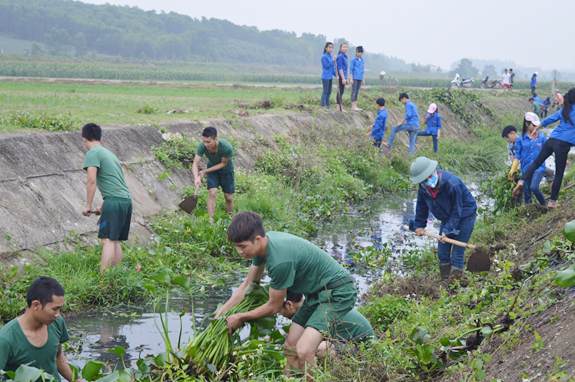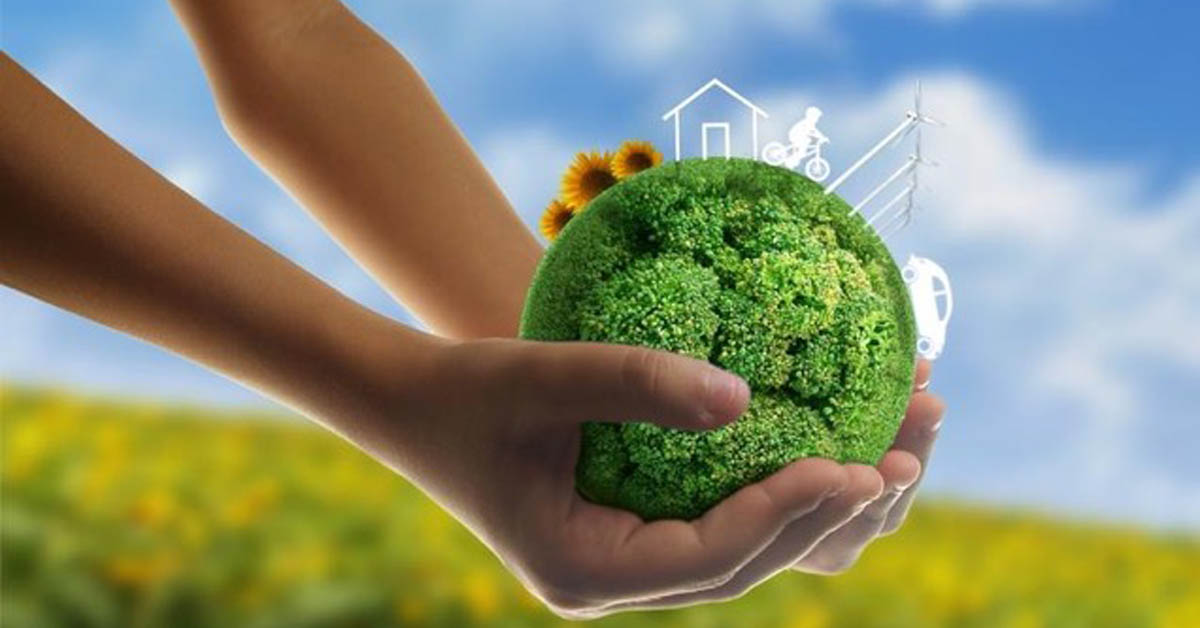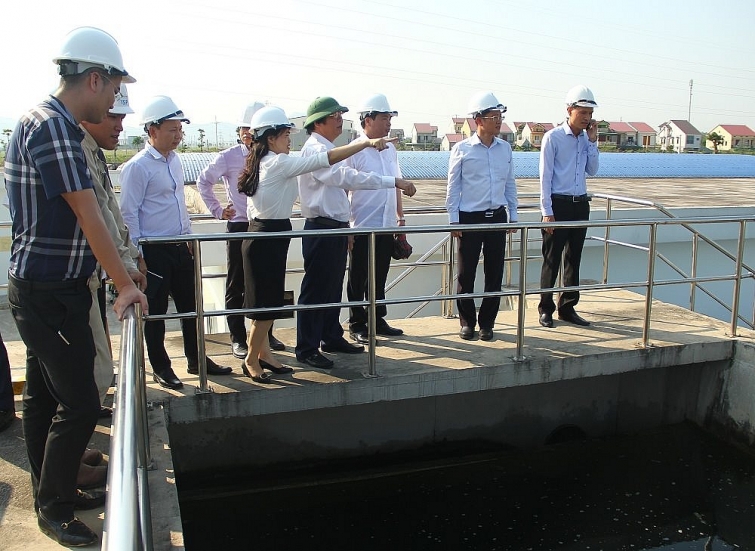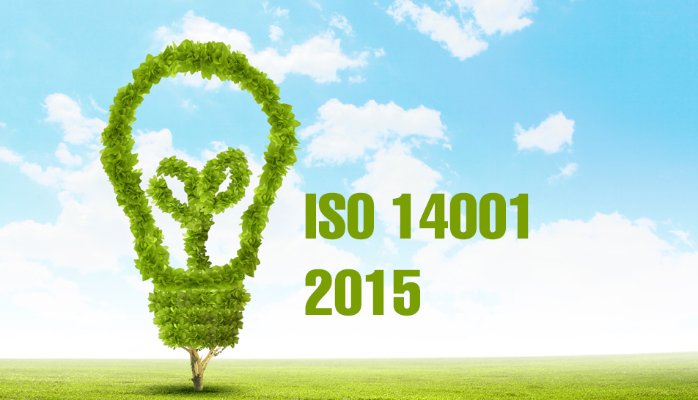Vietnam: Rural residential clusters must have water drainage systems from January 01, 2022
On November 17, 2019, the National Assembly of Vietnam approved the Law on Environmental Protection 2020, replacing the Law on Environmental Protection 2014.
- 07 requirements for construction, renovation, repair and dismantling of construction works in Vietnam / Households and individuals in Vietnam are required to perform the following 06 responsibilities

According to the Law on Environmental Protection 2020 of Vietnam, requirements for rural environmental protection:
- Organizations, households and individuals involved in handicraft production, agricultural production and processing must adhere to the planning and regulations of law on environmental protection without affecting ambient environment quality; waste must be collected, reused and treated in accordance with environmental protection requirements;
- Rural residential clusters must have water drainage systems and take appropriate measures for waste treatment; waste aggregation points must be properly located; domestic animals must not be pastured in public places; autonomy in environmental protection is encouraged;
- Landscapes, trees, lakes, ponds and surface water ecosystems; water sources must be preserved, protected, remediated and improved;
- Waste generated in rural areas must be managed in accordance with law; organic domestic waste, waste generated from livestock production and processing, and agricultural by-products must be recalled, reused or used as production materials;
- Rural environmental quality must be monitored and assessed; pollution areas must be determined, zoned, dealt with, improved and remediated and measures must be implemented to improve environmental quality.
Concurrently, responsibilities of communal and district-level People’s Committees on rural environmental protection are as follows:
- Communal People’s Committees shall statistically report and manage types of domestic waste, agricultural waste and handicraft industry waste generated within their communes; organize activities aimed at maintaining environmental hygiene and improving rural landscape; promulgate regulations on autonomy in environmental protection in rural areas;
- District-level People's Committees shall manage production, business operation and service provision in accordance with environmental protection regulations according to the approved planning; manage waste collection and treatment within their districts; invest in and upgrade systems for wastewater drainage and treatment systems, solid waste collection and treatment in rural areas; organize monitoring and assessment of changes in environmental quality; zone, deal with, improve, remediate and improve environment in pollution points and areas in rural areas;
View more details at the Law on Environmental Protection 2020 of Vietnam, effective from January 01, 2022.
Ty Na
- Key word:
- Law on Environmental Protection 2020
- Number of deputy directors of departments in Vietnam in accordance with Decree 45/2025/ND-CP
- Cases ineligible for pardon in Vietnam in 2025
- Decree 50/2025 amending Decree 151/2017 on the management of public assets in Vietnam
- Circular 07/2025 amending Circular 02/2022 on the Law on Environmental Protection in Vietnam
- Adjustment to the organizational structure of the Ministry of Health of Vietnam: Certain agencies are no longer listed in the organizational structure
- Vietnam aims to welcome 22-23 million international tourists in Vietnam in 2025
-

- Rules for formulating and applying environmental ...
- 08:00, 19/12/2020
-

- Law on Environmental Protection 2020 of Vietnam ...
- 08:00, 19/12/2020
-

- Law on Environmental Protection 2020 of Vietnam ...
- 08:00, 19/12/2020
-

- The provincial People’s Committee submits report ...
- 08:00, 19/12/2020
-

- Law on Environmental Protection 2020 of Vietnam ...
- 08:00, 19/12/2020
-

- Notable new policies of Vietnam effective as of ...
- 16:26, 11/04/2025
-
.Medium.png)
- Notable documents of Vietnam in the previous week ...
- 16:21, 11/04/2025
-
.Medium.png)
- Notable documents of Vietnam in the previous week ...
- 16:11, 02/04/2025
-
.Medium.png)
- Notable new policies of Vietnam to be effective ...
- 16:04, 02/04/2025
-
.Medium.png)
- Notable new policies of Vietnam effective from ...
- 14:51, 21/03/2025
 Article table of contents
Article table of contents
